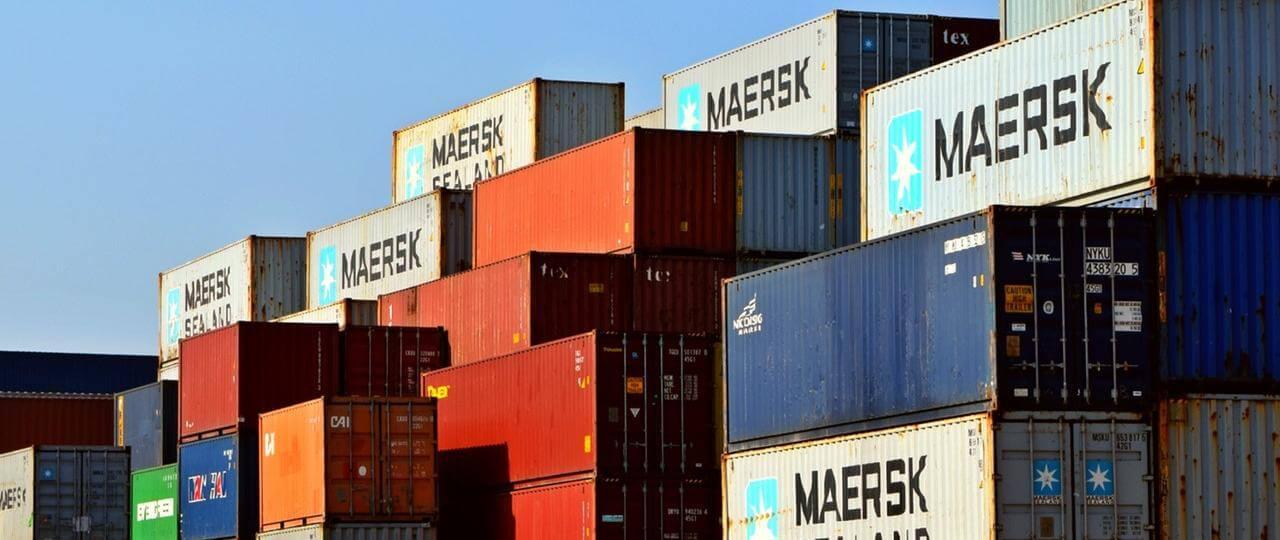How Trade Finance Works – Opportunities and Risks in Looking Offshore
Date
05 February 2020
Share

Trading internationally, whether buying or selling, comes with its own unique set of headaches and a few extra risks that need to be mitigated. With online accessibility to a global marketplace, we are seeing a larger number of clients looking to import machinery or parts from international suppliers rather than buying locally. While this can appear to offer pricing advantages, it is important that the overall costs and risks associated with international trade are considered.
Things like constantly moving exchange rates, economic unknowns, different legal environments, differing business customs, longer cash flow cycles, and difficulties in funding the importation of goods add extra levels of complexity to cross-border trade. To help make things easier, trade finance offers a number of solutions to lessen risk and facilitate transactions.
For example, Letters of Credit allow both buyers and sellers to mitigate the risks of non-payment, non-receipt of goods, currency value fluctuation, and political or economic instability by acting as a go-between.
Typically, the buyer takes their purchase order to their bank and the bank, provided the buyer is credit-worthy and offers security, issues a letter of credit. The letter of credit is a promise to pay once certain conditions are met. Once the seller’s bank receives the letter of credit and the terms are verified, it will clear the seller to export the goods. As soon as the terms of the Letter of Credit are met, the payment can be processed.
Terms vary, with common examples being payment on Bill of Lading (when shipped), payment upon arrival in New Zealand, or even deferred payment that allows the purchaser time to sell or put the asset to work before payment is due. The buyer has assurance that payment is not made until conditions are met, and the seller confident they can ship the goods knowing payment will be made.
Export finance works in reverse. Sellers can receive funding against invoices or Letters of Credit raised on overseas customers. This is helpful when long shipping times only lengthen payment terms.
If you are trading internationally and facing finance or cashflow issues as a result, talk to your business partner at Finance New Zealand about trade finance and how it could help.
Similar Posts
12 January 2026
Asset & Equipment Finance LVRs
Purchasing new vehicles, machinery, or equipment often raises one key question: how much deposit is required? The answer depends on more than just the asset. It comes down to LVRs (Loan to Value Ratio's), structure, and lender, policy & appetite. This article explains how asset and equipment finance LVRs work in New Zealand, and why advice matters.

27 November 2025
The Bottom of the Cycle? What the OCR Cut Means for 2026
Shifting interest rates are reshaping the way businesses finance equipment, vehicles and growth. Understanding these changes can help you make smarter, better-timed funding decisions.


Page Links
Contact us
Finance New Zealand Limited L11 BDO Tower, 19-21 Como Street, Takapuna, Auckland 0622 PO Box 65164, Mairangi Bay 0754 T: (09) 222 0320E: info@financenz.co.nzMember of


Proud Sponsors of Auckland Rescue Helicopter Trust
Copyright Finance New Zealand Ltd 2026



